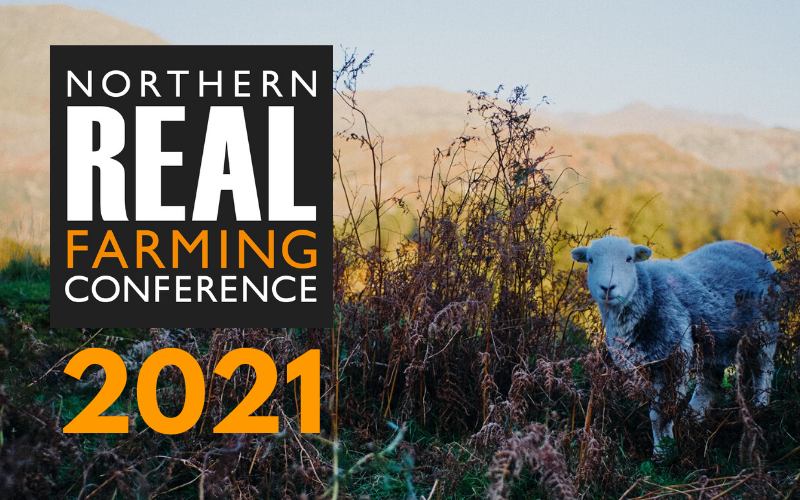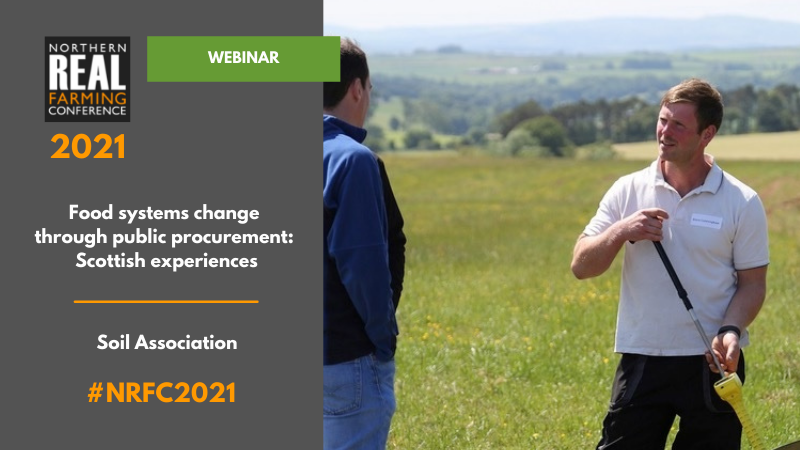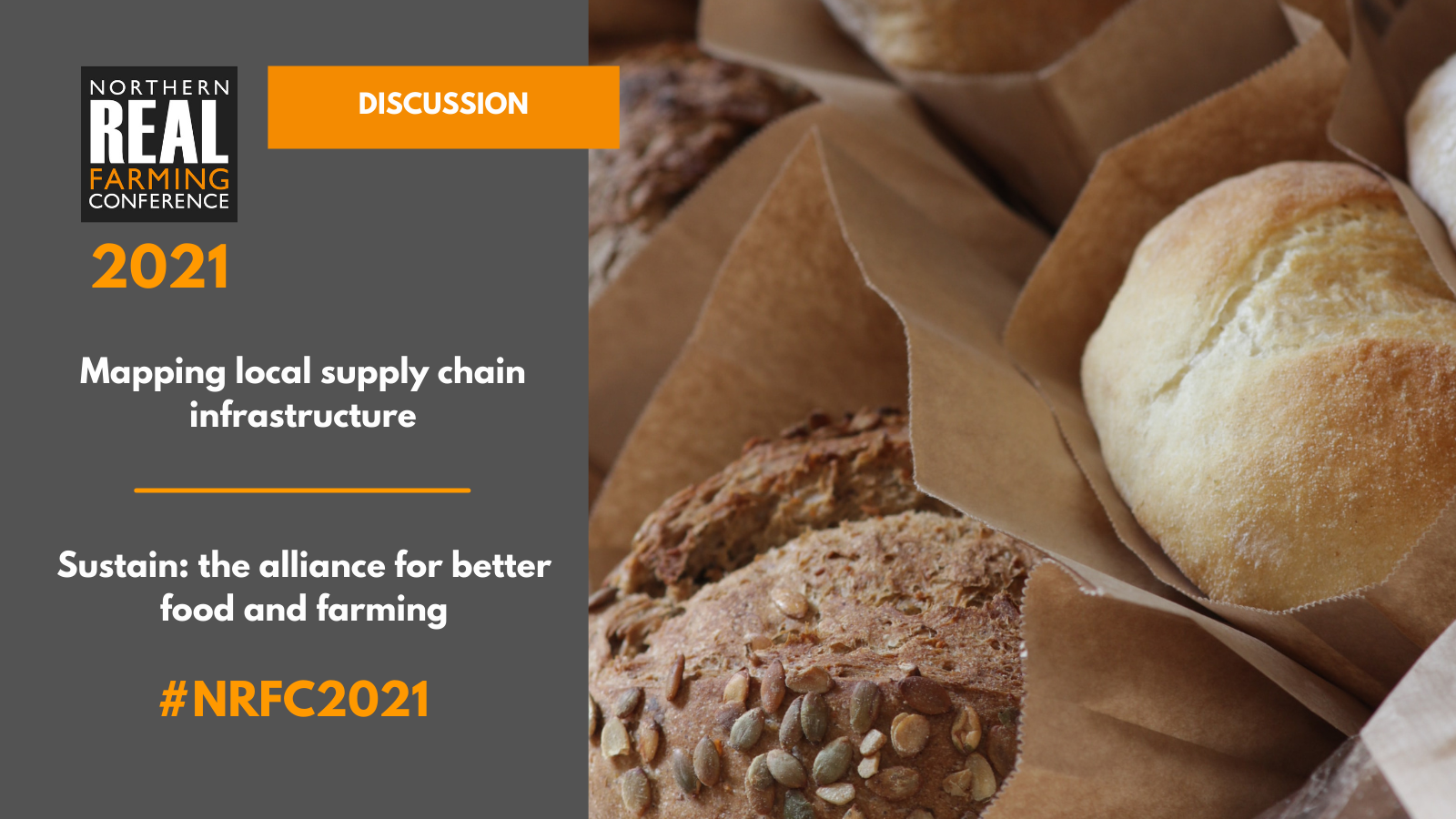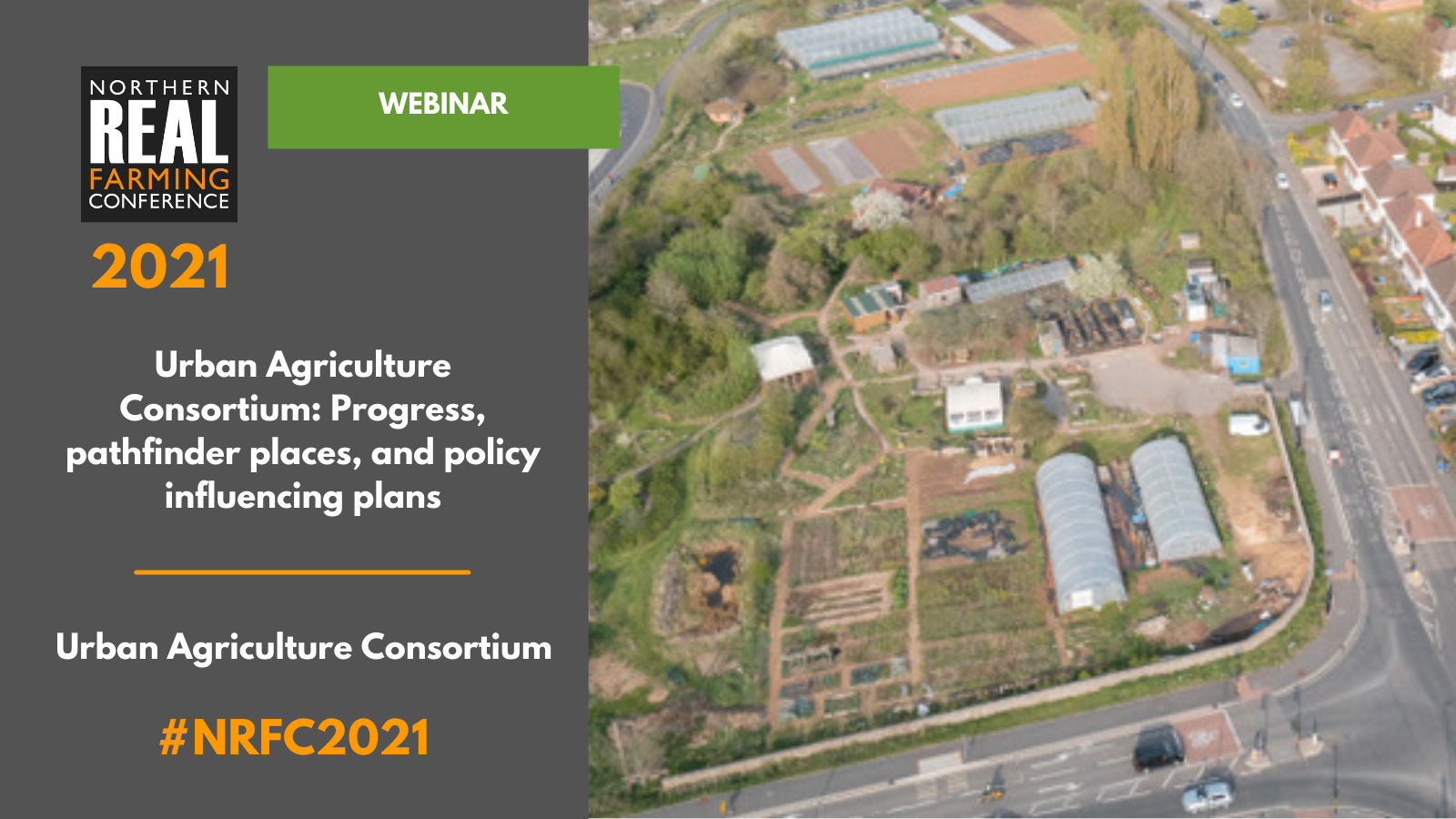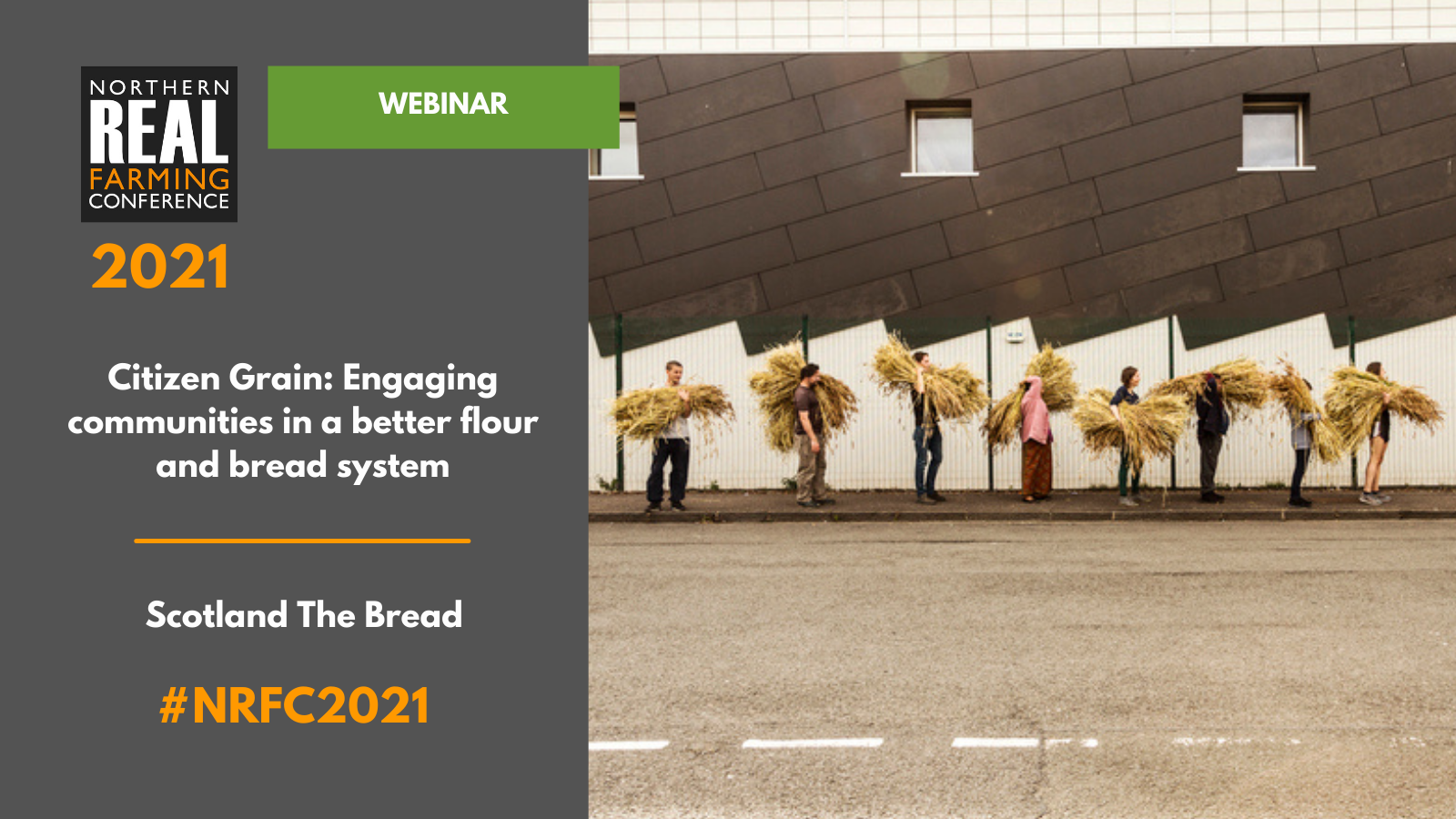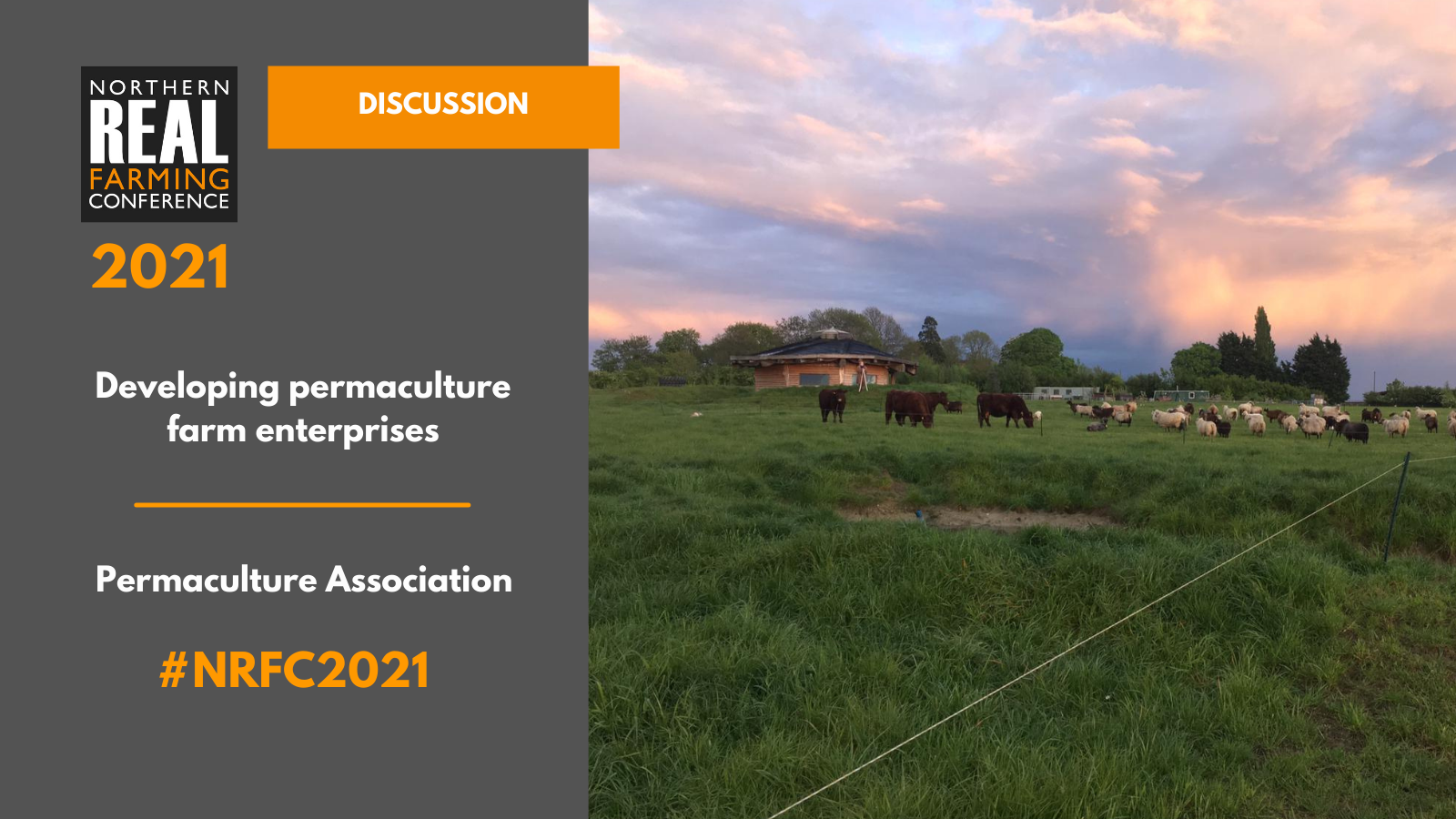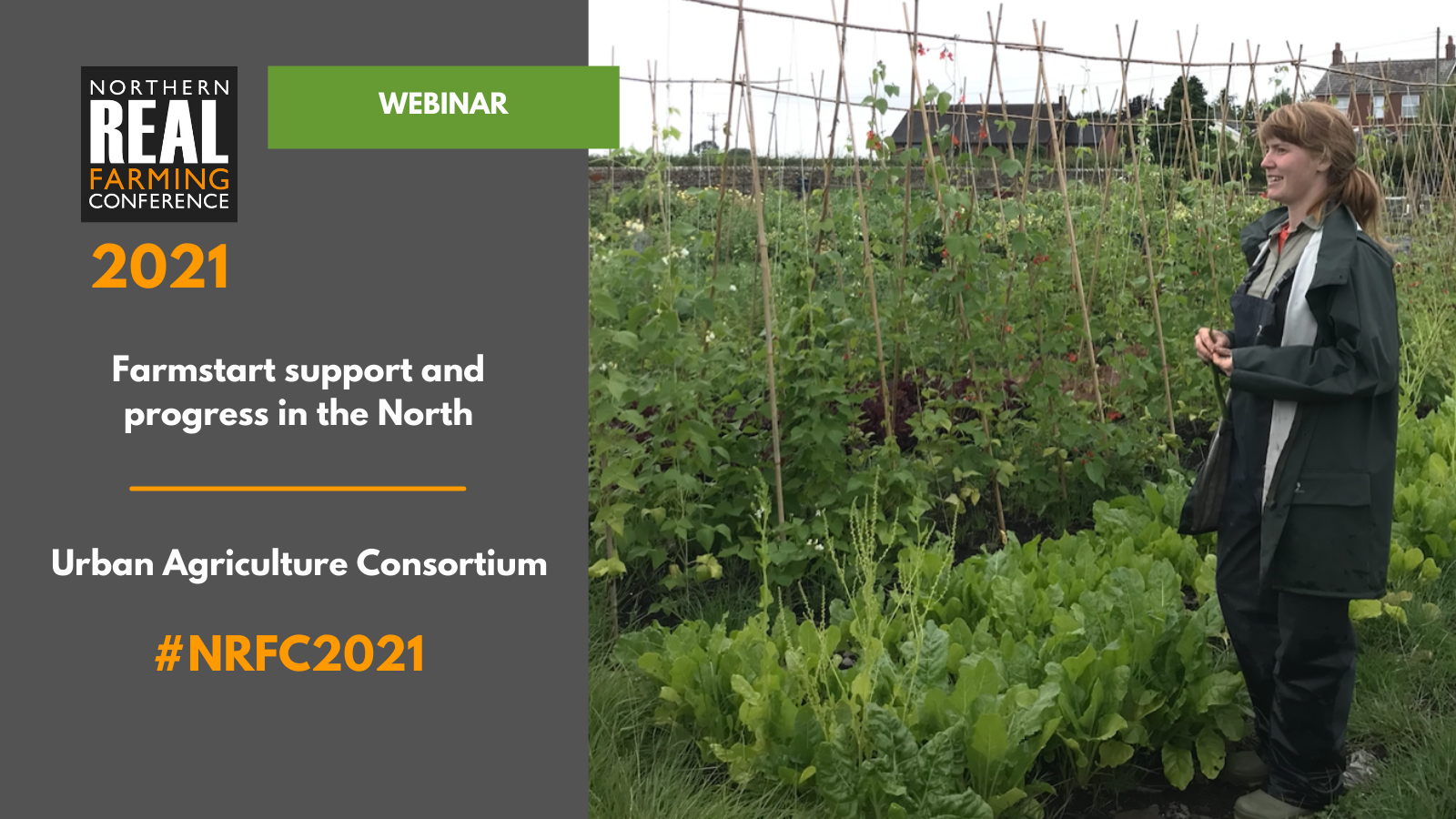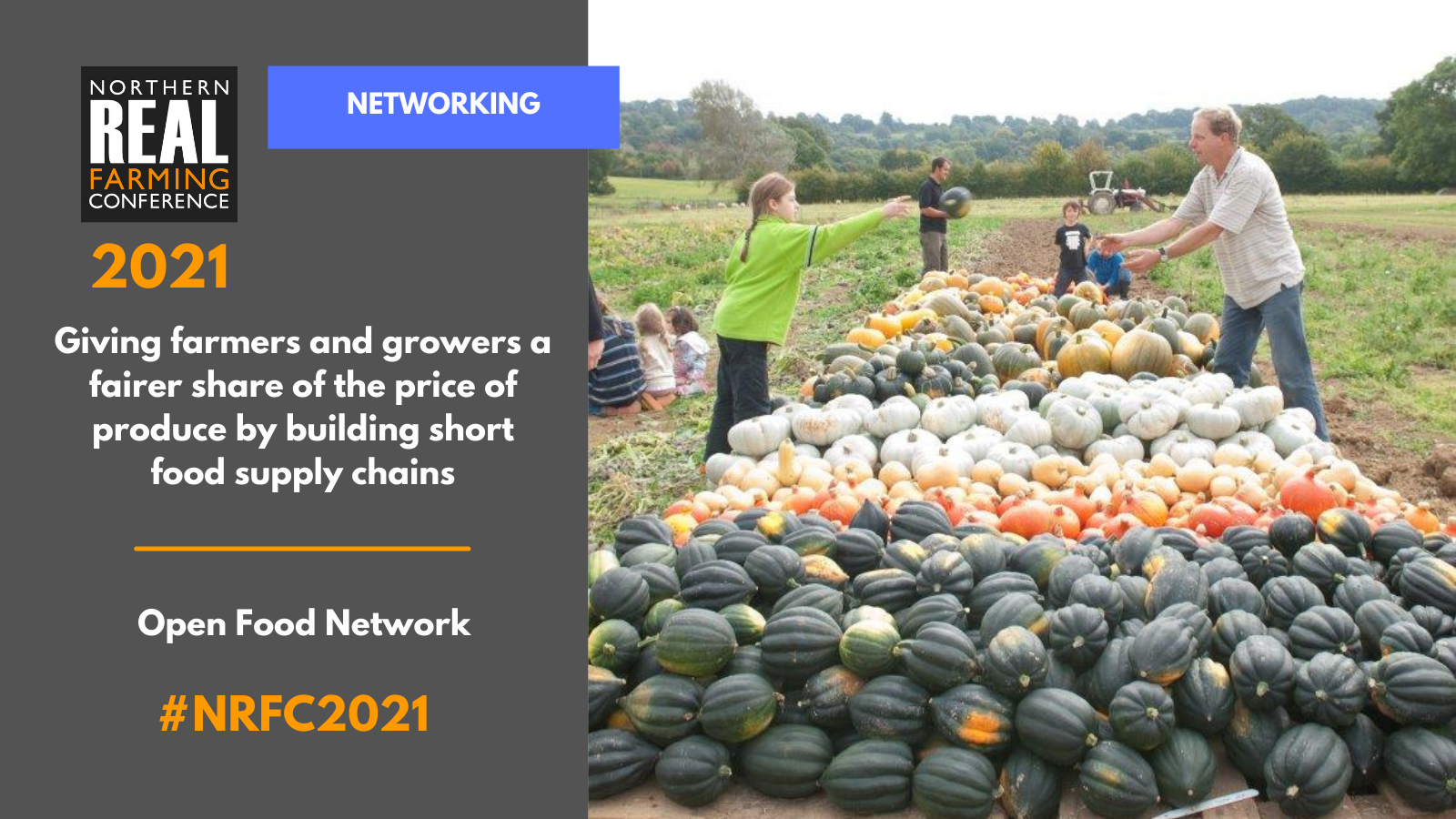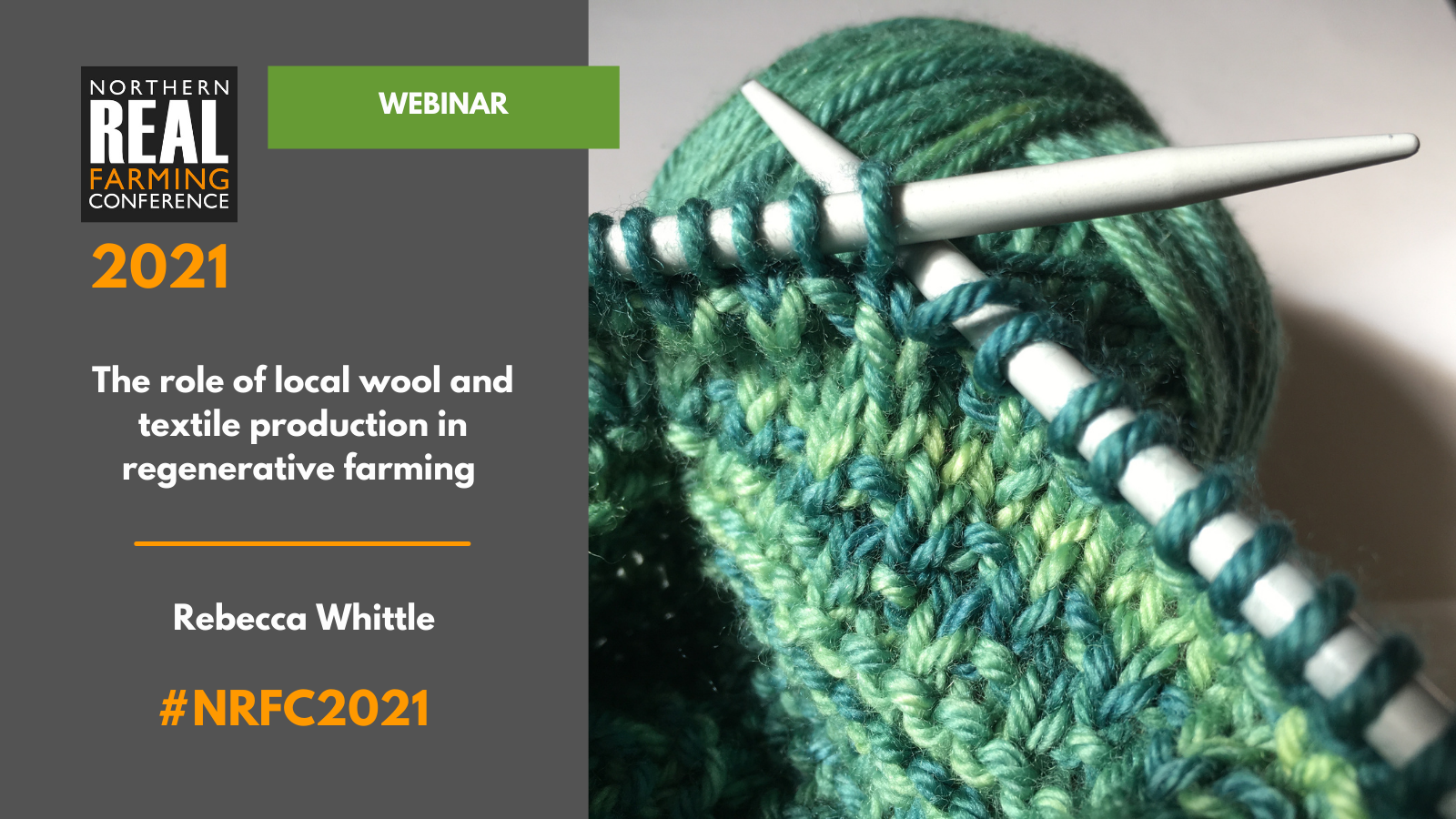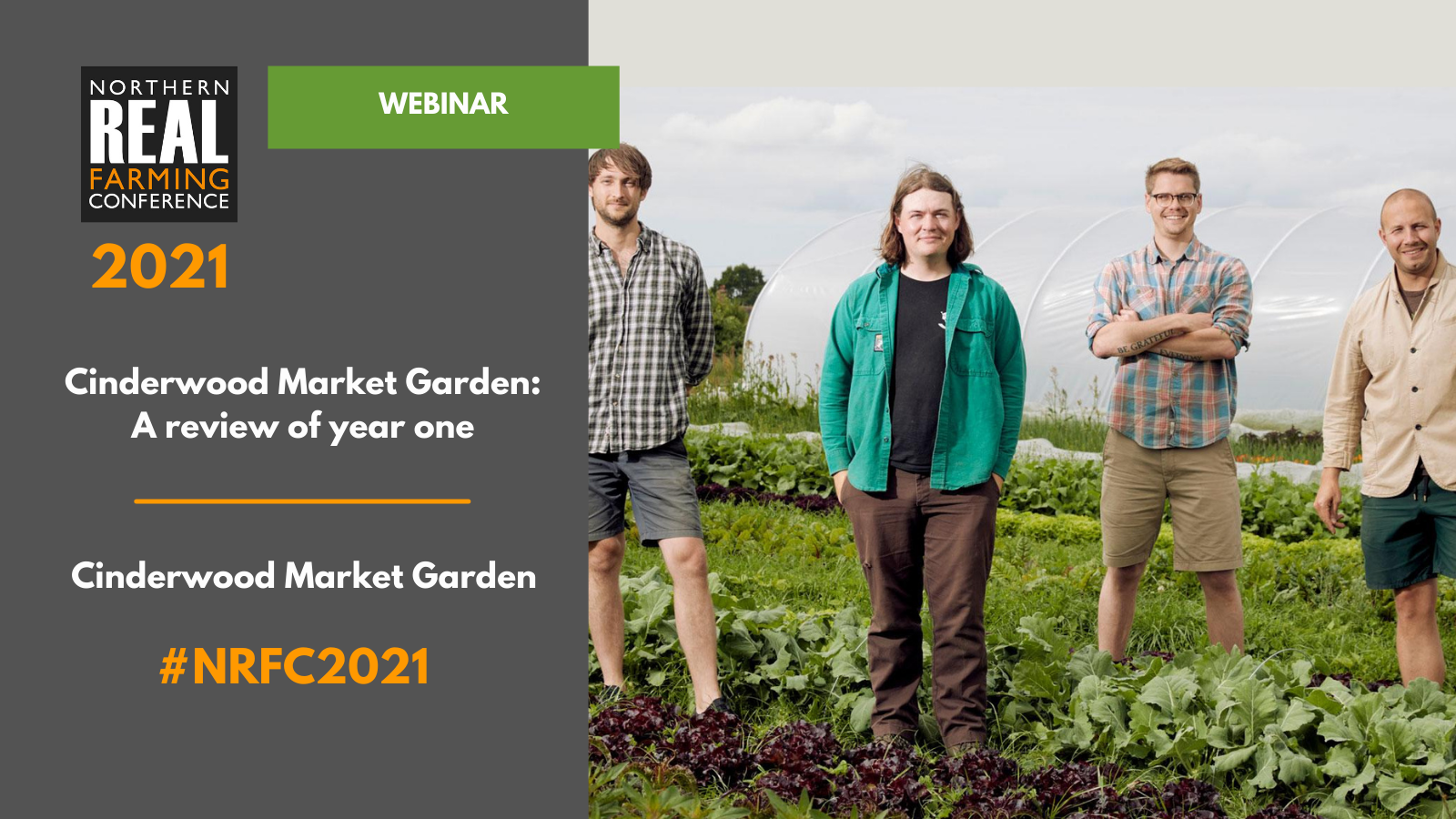Hosted by NRFC
We are at a crucial point in developing the farming and food systems for the future. As the UK transitions to new post-Brexit frameworks for agriculture and seeks to emerge from the impact of Covid-19 stronger, the wider crises of biodiversity loss, ecological breakdown, inequality and social unrest continue.
The Northern Real Farming Conference is a space to dream, to re-think and to share practical experiences of regenerative and socially just ways to farm and bring food to markets and kitchen tables. We focus specifically on the North of England and Scotland and the unique landscapes and cultures of these regions.
This opening session will hear from a range of speakers, exploring northern farming and the vision for the future. There will be music from Deep Caberet.
Speakers/hosts include:
Caroline Jackson – Caroline Jackson spent 35 years as an English teacher in the north west finishing her career as headteacher of a small rural secondary school. Since then she has, with a friend, set up the Claver Hill project, a 6 acre site on the edge of Lancaster dedicated to teaching anyone and everyone how to grow food and care for the land in sustainable ways.. She is a local Green Party councillor and currently Leader of Lancaster city council.
Pete Richie, Nourish Scotland – Pete is the Executive Director of Nourish Scotland, a charity focusing on food policy and practice. He also runs Whitmuir Organics with his partner.
Roz Corbett – Roz is a market gardener and beekeeper based in Glasgow in Scotland and works for the LWA on coordination of our work around COP26 and supporting a La Via Campesina delegation to COP. She previously worked at Taybank Growers Cooperative in Perthshire and is also a founder member of the Scottish Farm Land Trust. Roz is also studying part-time for a PhD with Aberdeen University and the James Hutton Institute, looking at the community land ownership and new entrants in Scotland.
Michelle Parry – Founder and community builder at The ReWilding, based on a local dairy farm in Cockerham, Lancashire
Paul Cambre – Paul joined Growing Well near Kendal in 2020 in a new role to maximise sustainable income from our organic growing enterprise. Paul is from New Orleans and has worked and studied in the US, Canada and China. He has a Masters in sustainable agriculture and was previously Head Grower for a local two Michelin-starred restaurant.
Steve Lewis – Steve from Deep Caberet has been a vocalist, guitarist, percussionist, improviser, songwriter, community musician and bandleader for 30 + years. His ‘Deep Cabaret’ projects, from solo torch songs to African dance band to 15-piece improvised opera have in common a desire to explore the musics that most fascinate him. This most recent manifestation is the culmination of that work curating jazz, improv, African, folk and leftfield pop to set fragments of text taken from novels, journalism, spiritual and other texts that have important things to say about being human.
